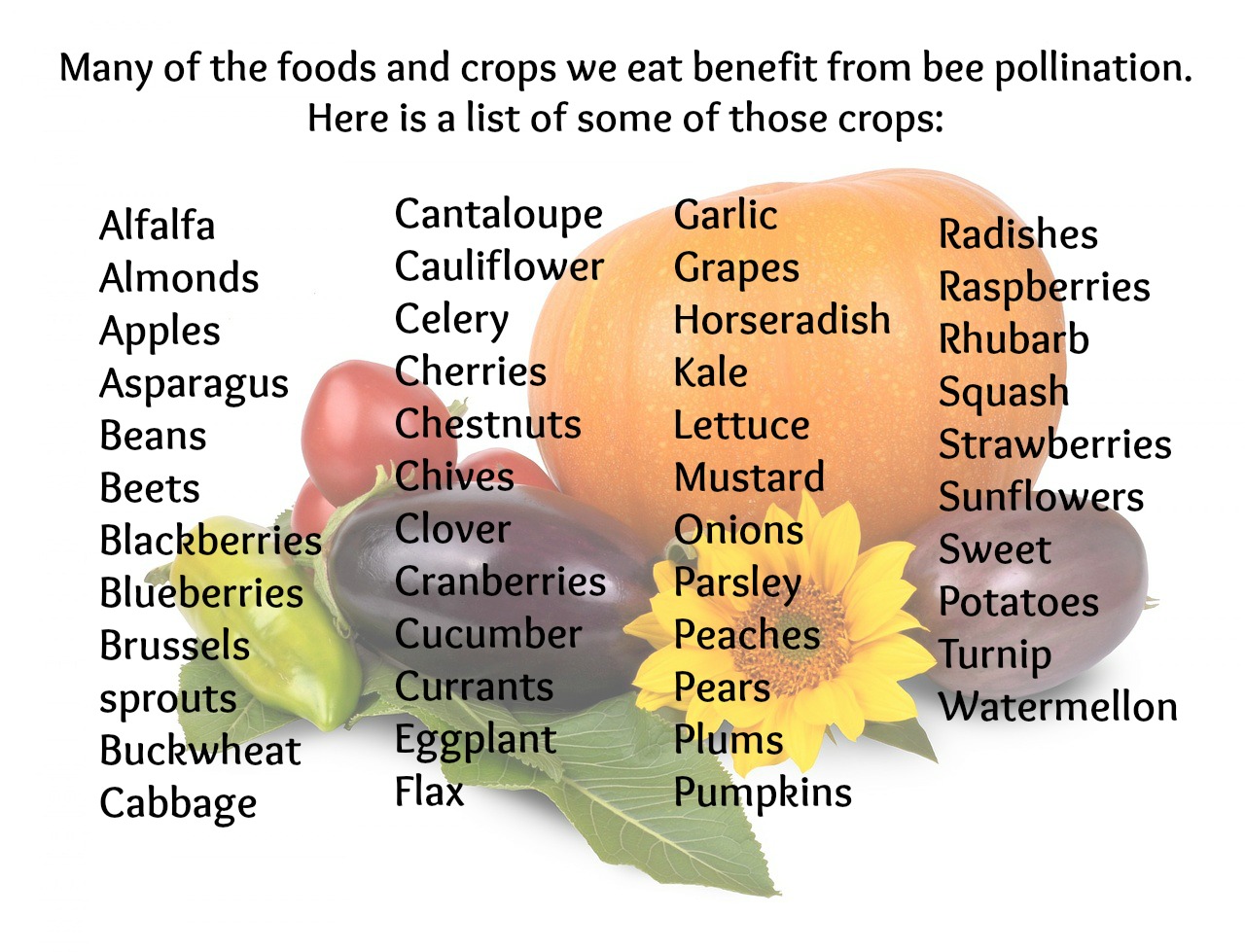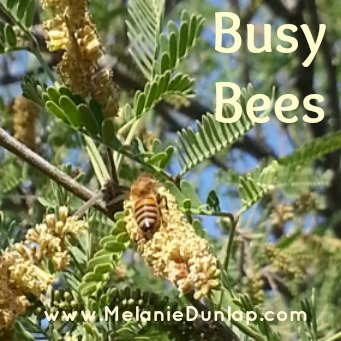It was quiet and cool this morning as I walked along the path that goes by a lone mesquite tree serving as sentry for an outdoor space dedicated to the goddess Artemis. That particular part of the path normally has a tranquil, serene energy. But this morning my attention was elsewhere when I realized something was different. I stopped and stood listening.
The mesquite tree was buzzing.
I’ll admit I let out a little squeal of delight like I do every year when this happens. The tree was buzzing with bees. The mesquite had gone into bloom and the bees love those blooms! I don’t know how they find them but I usually hear the bees before I notice the blooms because they start blooming at the very top first.
The bees don’t care about me or even notice I’m there. They are singularly focused on getting the job done. Trees only bloom for a limited amount of time and bees aren’t going to waste any of it on a silly human that wants just to watch them. Single minded focus and efficiency…maybe I need to be more like a bee.
When an animal crosses our path it can sometimes bring a message. When the bee visits it reminds us to be diligent, industrious and to work cooperatively within our own community. Bees nudge us to focus on the nurturing of our family, community and support systems with healthy communication.
Bees are a vitally important part of our ecosystem and provide life for flowers. The most important thing that bees do is pollinate. Pollination is needed for plants to reproduce, and so many plants depend on bees or other insects as pollinators.

When a bee collects nectar and pollen from the flower of a plant, some pollen from the stamens—the male reproductive organ of the flower—sticks to the hairs of her body. When she visits the next flower, some of this pollen is rubbed off onto the stigma, or tip of the pistil—the female reproductive organ of the flower. Pollination assures the continued survival of the plant.
The bees are in trouble now; no one has a definitive answer as to why there has been a sudden drop off in bee populations since 2006. However everyone does agree that we should be concerned and continue research to find the cause. If we lose our bees we will ultimately loose plants, fruits and all honey production.
Here are 3 ways you can help the bees:
1. Plant flowers: You don’t have to be in the country to create a haven for bees. Help provide bees with a place to forage by planting flowers in your garden, yard or flowerpot.
Check out the US Fish & Wildlife service’s guide to planting for pollinators.
2. Avoid chemically treating your plants: Chemicals and pesticides that you use to kill other pests can harm the bees. Treatments are especially harmful if applied while the flowers are in bloom because they will get into the pollen and nectar and be taken back to the hive where they will get into the honey. If the pesticide gets into the honey it can also get into us. Make sure any products you use are bee friendly.
3. Buy local honey: By supporting your local beekeepers you are helping the local population of bees and helping the environment.
